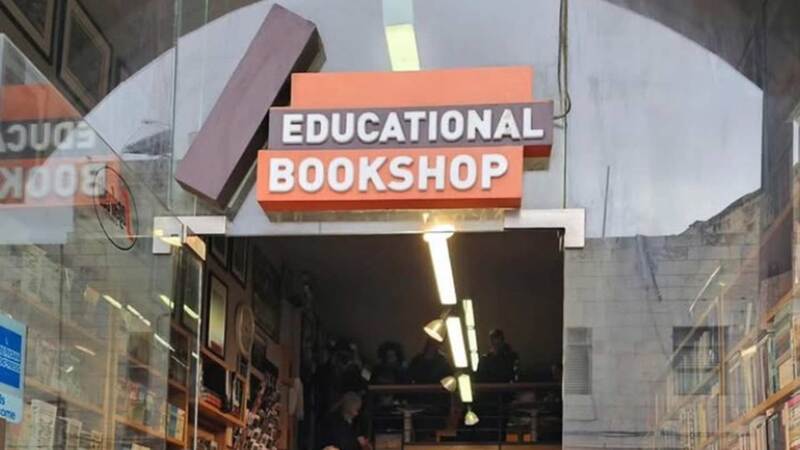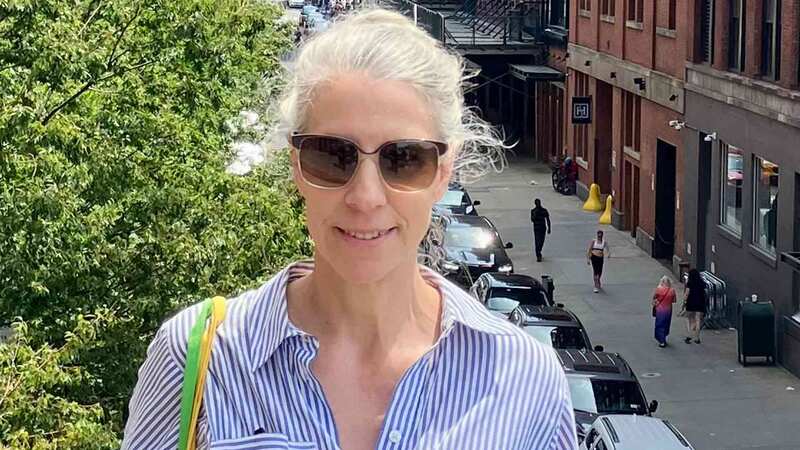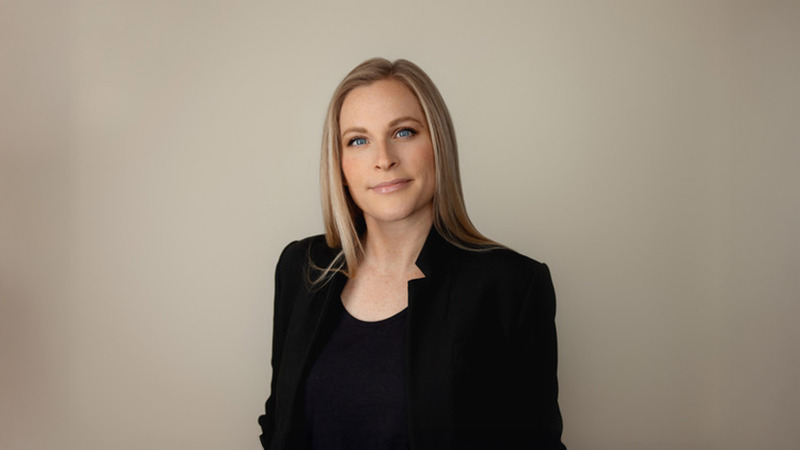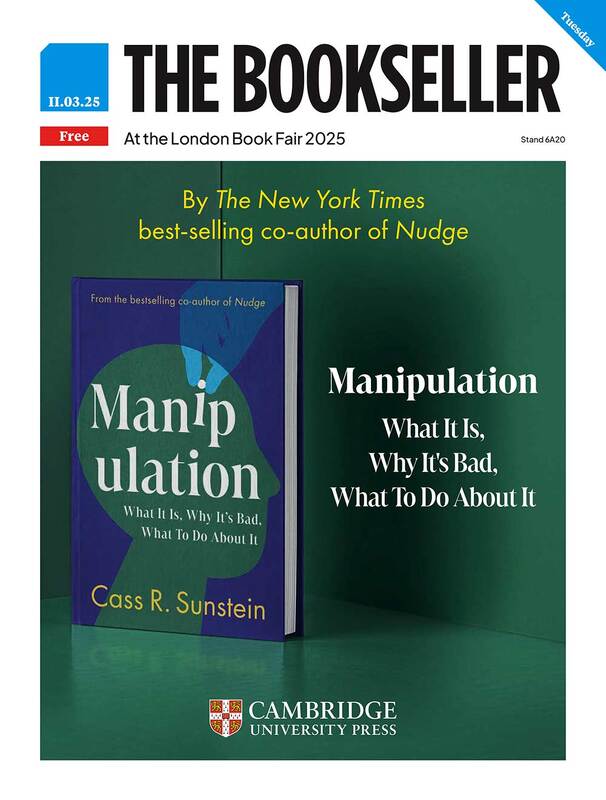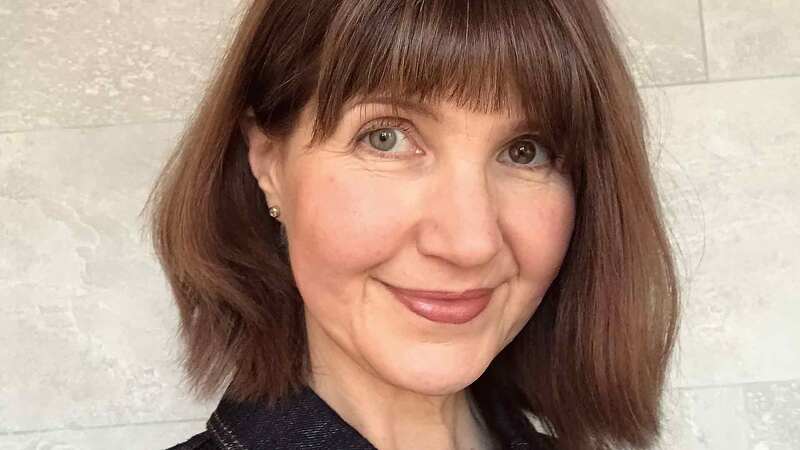You are viewing your 1 free article this month. Login to read more articles.
Political climate 'big influence' on London Book Fair trade
Manuscripts which help readers escape from the angst of the political climate are tipped to be hot at this year's London Book Fair (14th - 16th March), according to publishers and agents.
Some have voiced concern over the lack of submissions at this point ahead of the fair, which is taking place one month early this year. Meanwhile others have said publishers may be exercising caution around what they buy in the context of a turbulent and fluid political environment.
Lisa Milton, executive publisher HarperCollins’ imprint HQ, said she felt optimistic about the fair and believed there was “a real opportunity to share books that will provide perhaps much needed escapism as well books to help explain how we can live better, whatever that means for different people”.
However, she added: “We’re looking for diverse voices in both adult and YA publishing, there just are not enough submissions.”
Alexandra Cliff, international rights director at agency PFD, agreed. “I’ve been seeing a lot of scouts in the last couple of weeks and what they’ve been saying is that from their point of view, everyone seems to be being very cautious about what they’re buying, and there hasn’t been the flurry you might expect in the run up to the fair," she said. "I don’t know whether that’s anything to do with the fair being so much earlier this year…or whether the very uncertain political and economic climate is affecting what people are buying or how much they’re buying. So, it does feel slightly more cautious than perhaps this time last year.”
However Robert Caskie, who established agency CaskieMushens with Juliet Mushens in January, was optimistic about business the fair, not least because he thought readers were yearning to be “immersed in another world”.
“There is so much going on in the world people will look escapism and people just want to be immersed in another world or even 18th century Spain [through historical fiction],” he told The Bookseller. “In terms of non-fiction, people don’t know what the situation will be because there are so many elections happening in Europe and a sense of flux. People don’t want to listen to ‘experts’ anymore, they don’t trust them. People do feel deflated and overwhelmed. But publishing is a community and people are galvanized by what is currently going on.”
Caroline Michel, c.e.o. at PFD, was also upbeat about LBF because the political climate was “focusing some of our very best brains on what’s happening in the world and looking at different ways of addressing it”.
“We’re doing quite a few political books which won’t be for the fair but they’ve been extraordinarily exciting, I get literally a proposal a week hitting my desk where I’ve thought, this is somebody really writing at the top of their game,” she said. “They’ve had their brains sharpened. There certainly feels to be a buoyancy across the world in our industry.”
Along with a “lovely novel”, The Lido, about a young woman campaigning to keep an open air pool open in Brixton, Caskie is presenting Following the Future, a novel by Carla Buzasi, founding editor in chief of Huffington Post UK and now global content director of WGSN. Caskie said: “This is about about tech and innovation, what will happen when robots take our jobs. We are now feeling more and more has changed and it is changing more and more quickly and what does this mean? It’s exciting but there’s also a fear attached. People wonder more about what is around the corner.”
Alex Christofi, commissioning editor at Oneworld, agreed that tech was a big issue in publishing. He told The Bookseller: “People are starting to see tech books as being something that might actually be relevant/bear relevance to everyone, rather than something that’s just for geeks. I think that’s a subgenre that’s evolving. The stuff I think that’s exciting is the stuff that can join the dots between technology and politics or memoirs that have a political aspect to them. I think there’s no one person who has the whole picture but I think that we’re in a really exciting time, particularly for current affairs, where we’re still establishing the ground rules we’ll be living by for the next few years.”
He also agreed that the public is trying to figure the layout of the new political landscape. “There’s been quite a lot of politics around UK/US/Europe, everyone trying to figure out what the new paradigm,” he said. “Obviously, memoir is still really buoyant, there’s some really interesting memoirs out there.”
Simon & Schuster non-fiction publisher Iain McGregor said memoirs were still proving popular, but the trend for bloggers was dying down. While his team is considering “zeitgesty” works, he said they were primarily looking for “serious narrative non-fiction”.
“We are getting a lot of submissions in at the moment and there is a trend for medically inspired memoirs – about cancer or Alzheimer's – after the success of last year’s When Breath Becomes Air (Vintage),” he said. “There haven’t been so many hotly contested auctions recently but it’s now getting busier as we get nearer to the fair.”
Opinions were divided over whether or not the trend for psychological thrillers was still going. Caskie said: “There is a move away from the psychological thriller and we are seeing less of that.”
However Lizzy Kremer at David Higham said: "I have found editors to be very hungry for the right books. I just took a six- figure pre-empt from Selina Walker at Cornerstone for Our Kind of Cruelty by Araminta Hall, a psychological suspense novel about a man obsessed with his ex-girlfriend. I had great feedback on the fact that it felt a bit different from a lot of other psychological thrillers, being narrated by a man and with a dark Highsmith-esque literary feel where the tension arises from the characters' psychology rather than plot twists per se… So yes, the market seems great for the right books."
Agent Maddy Milburn, of Madeleine Milburn Ltd, agreed that psychological thrillers were still big. She said: “Suspense and thrillers still feel like they’re dominating but we’ve got some big women’s fiction creating excitement.” YA bestselling author Holly Bourne, has written her first adult title When the Music Stops, described as "a modern day bridget Jones crossed with Fleabag", showing the chasm between the lives people project and the lives they actually have, which Milburn is taking to the fair. "It's been getting incredible reactions," she said.
Alexander said the market for literary fiction was “tough” at the moment. “A colleague here had the perception which I think is true, that at the moment literary non-fiction is taking up that space,” she said. “So there’s some writerly non-fiction things which are being sold more than there is literary fiction out there. When journalism in the country is so brief - a long article is about 1,000 -1,500 words – I think there’s a real demand for something that’s longer and thoughtful and deep, so I think people will look to books for understanding and for escapism.”
In children's, Barry Cunningham, publisher at children’s press Chicken House, said that kids and YA was still “getting huge interest from our European and more distant translation partners”.
“We are seeing a positive welcome for YA books about issues and responsibilities of the modern world, as well as younger books about love, tolerance and welcoming new citizens,” he said. The publisher’s lead “super hot” LBF title is Anna Day’s Fandom which explores how fantasy blurs with reality. “It is a YA novel about how cosplay fans get caught up in the actual novel of their dreams – developed uniquely through The Big Idea project," he said. "Since sending out the manuscript just two weeks ago – Elinor Bagenal our rights director has already sold it in ten territories in fourteen days. And we are predicting a storm of more territories competing on the [LBF stand].”
However Rebecca Hill, editorial director at Usborne, considered the YA market to be looking less rosy. “We are focusing on middle grade and looking at homegrown fantasy,” she said. “There seems to be a focus towards middle-grade, I am looking for that rather than YA – the market has become more difficult for YA. We’ve been very busy over the last few weeks and have been receiving lots of submissions.”
Many people have reported that the fair coming a month early had meant their workloads were stretched.
Sarah McPhee, HarperCollins’ head of events, said: “It feels as if the has crept up on all of us this year. It was difficult to think about the fair before Christmas, and we missed having the extra month of planning in the calendar year. Having said that, we’re all looking forward to an unusually relaxing April.”
Sam Eades, editorial director, Trapeze said she had heard it was “all about this week” (5th to 9th March).
“It’s a bit quieter,” she said. “Like people haven’t quite got things ready for the fair yet. And word on the street is it’s all about this week, when the mega load is going to hit. I think it’s just timings: people have a month less to get manuscripts ready and I think it’s really hard.”






